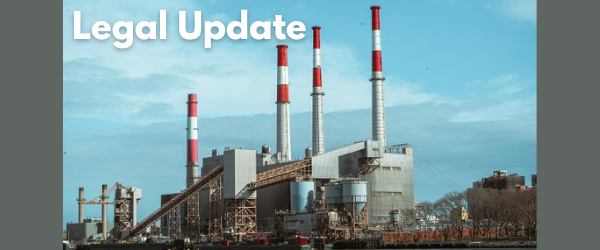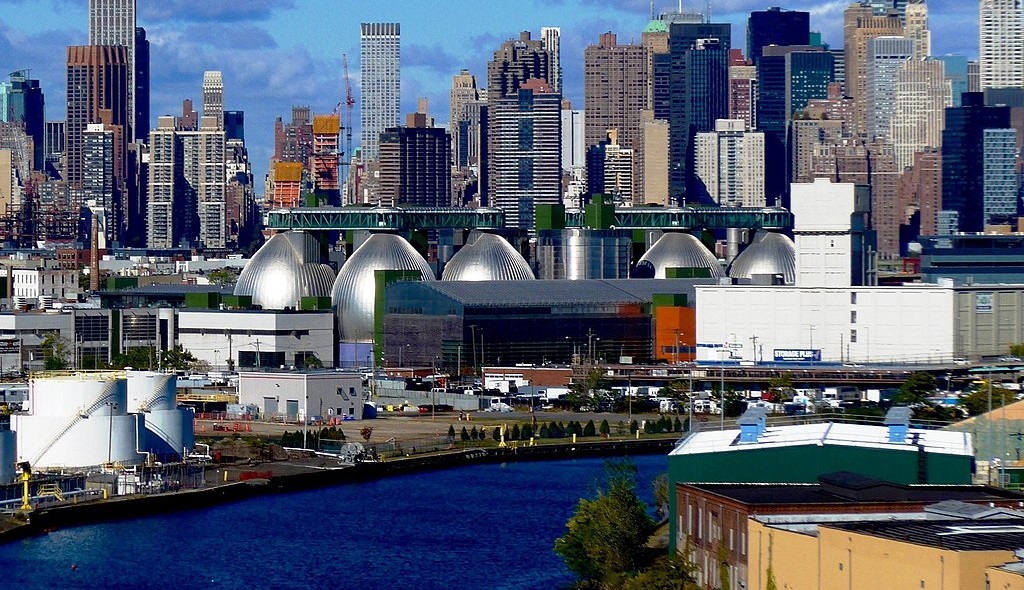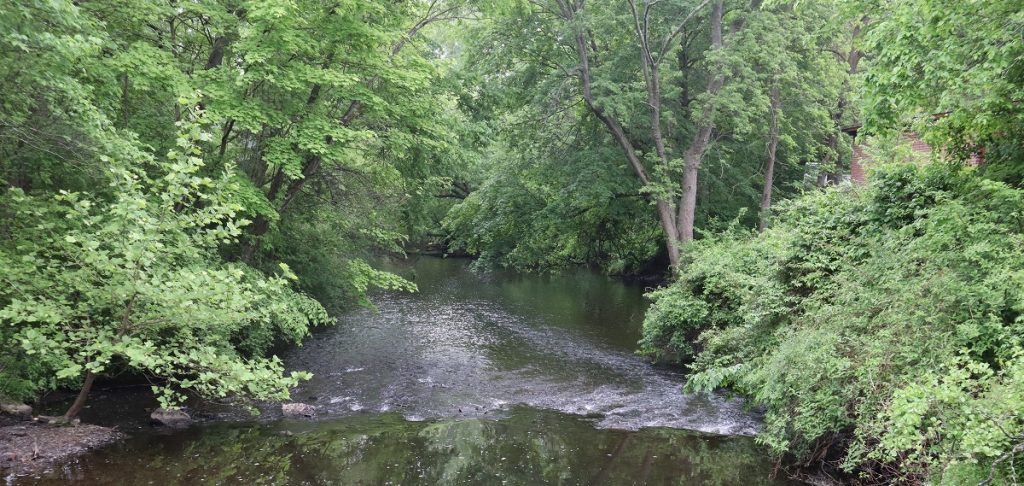
Climate Action Under Attack
Last week the U.S. Supreme Court dismantled key elements of the Environmental Protection Agency’s authority to regulate carbon emissions of fossil fuel-burning power plants. The West Virginia v. EPA decision backslid on over 50 years of progress under the Clean Air Act, crippling EPA’s previous ability to select the best system of greenhouse gas emission reduction.
The Clean Air Act, as enforced by the EPA and citizen groups, has been remarkably successful in cutting pollution and protecting health. This decision not only blocks a critical avenue to halt climate disruption under the Clean Air Act, but also threatens any protection that requires administrative decisions to be guided by sensible law and sound science. By putting certain dangerous industries ahead of Americans’ health, this decision all but declares a “right to pollute.”
There are still paths to action. Congress should seize this moment to take strong measures including affirming EPA’s mandate to regulate climate pollution. The West Virginia decision also leaves open a path for EPA to write and issue standards requiring coal- and gas-burning power plants to reduce their emissions. It should do so with all haste to protect Americans’ health and our environment.
Read more on our reaction to the ruling in our press release or in the CT Examiner.
States must also step up—and New York just did. Its Department of Environmental Conservation denied a permit renewal for the polluting Greenidge Generation gas power plant in Torrey, NY because the plant was out of compliance with greenhouse gas emission limits in the state’s Climate Leadership and Community Protection Act. Alex Rodriguez, climate advocate for Save the Sound, said, “We hope that each and every state follows New York’s example in passing climate laws that will effectively rule out future high-emitting fossil-fueled facilities.”

We’re Fighting for Clean Water in New York…
We filed a federal lawsuit—Riverkeeper, Save the Sound, et al. v. Regan—to compel the EPA to issue new water quality standards that will make New York City waters swimmable and fishable. EPA has now announced that it intends to issue such standards this month. In permit proceedings involving every NYC sewage treatment plant, we argued that the City should be required to prepare improved long-term plans to reduce sewage because the current plans do not comply with Clean Water Act requirements to eventually achieve swimmable, fishable waters. Unfortunately, the state recently issued the permits without these modifications, and we are reviewing them to determine our next actions. If EPA issues new standards in July as promised, that should help our efforts to require the city to strengthen its plans to meet those new standards.
…and Connecticut
As a result of staff attorney Kat Fiedler’s advocacy, a consent order addressing ongoing sewage spills in the city of Norwalk was issued in May by CT’s Department of Energy and Environmental Protection (DEEP). Raw sewage is frequently discharged from multiple sewer overflow outfalls in Norwalk without any of the required treatment. We participated in permit proceedings to highlight these problems and the infiltration, inflow, and sewage pipe maintenance issues that cause them.
DEEP’s consent order requires the city to develop and implement plans to study and remove excess flow from the collection system within 5 years; eliminate an unpermitted emergency overflow outfall within 5 years; and either provide primary treatment to a permitted sewage overflow outfall or eliminate use of that outfall within 10 years. These efforts will reduce the discharge of raw sewage into Norwalk’s waterways and should improve water quality in Norwalk Harbor. DEEP will also soon establish a Total Maximum Daily Load (TMDL), an enforceable plan to address water quality problems, for Norwalk’s polluted inner harbor, which was graded F in our most recent Long Island Sound Report Card. We successfully advocated for a requirement that Norwalk monitor the harbor to provide information for the upcoming TMDL. We’ll continue to push DEEP to move forward with the process and finally bring the inner Norwalk Harbor up to Clean Water Act standards.

Progress After a Spill
Following the accidental release of more than 2 million gallons of raw sewage into the Mill River in Hamden in 2020 due to a sewer pipe segment failure, we reached a collaborative agreement with the Greater New Haven Water Pollution Control Authority. That agreement will yield a green infrastructure project with the Eli Whitney Museum in Hamden to reduce stormwater runoff and help ensure a cleaner Long Island Sound. GNHWPCA has committed $200,000 toward the proposed environmental benefit project, which will include construction of a bioretention area at the Eli Whitney parking lot to capture the first inch of stormwater runoff before it discharges to the Mill River, as well as protection and restoration of vegetative buffers along the river. In addition, the GNHWPCA will collaborate with the Museum to provide an educational component.
We Keep on Working!
As we transition to new leadership this fall under the experienced hand of our current vice president of programs, Leah Lopez Schmalz, we’ll also be welcoming some new staff members. Will you be one of them? Check out our job listings!
